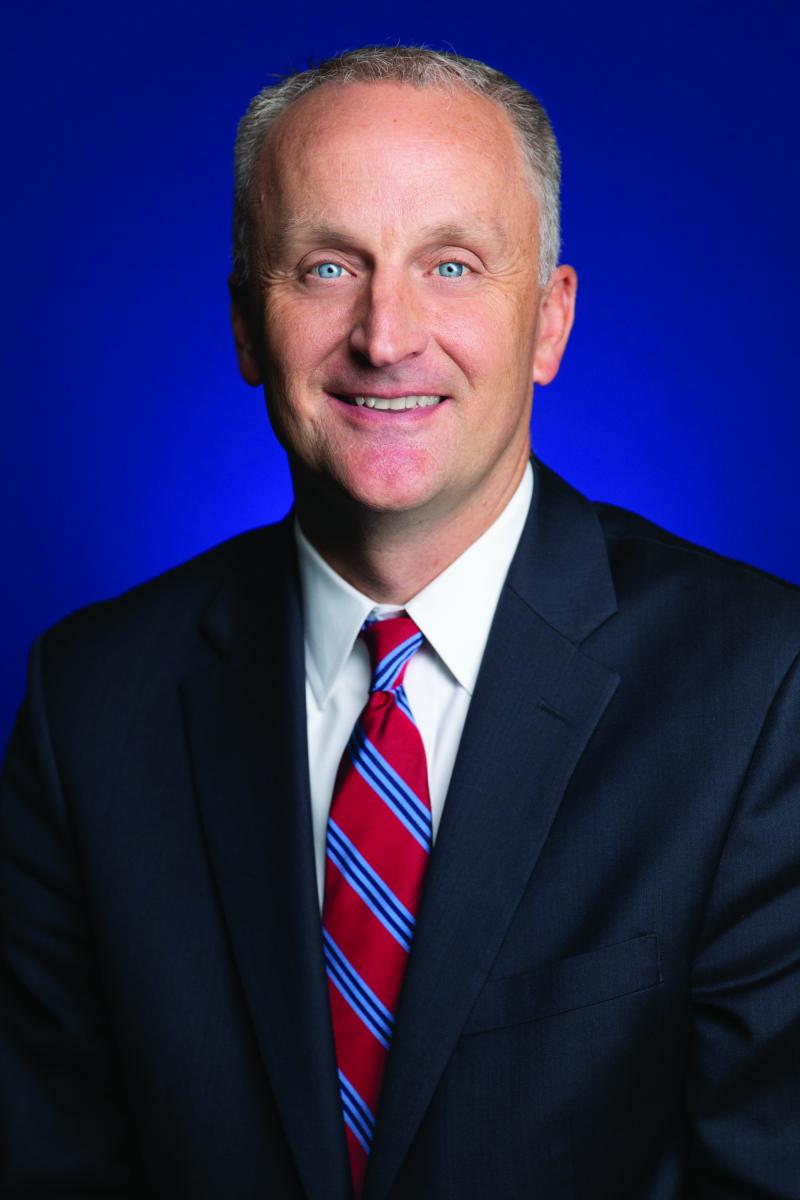
The Course of Kindness
Editorial by Terry Forde
“No act of kindness, no matter how small, is ever wasted.”– Aesop
Have you ever thought about where the word kind came from? It is a very old word that we’ve been using in some form or another for more than a thousand years.
The root word is kin, which means family, as in kindred, or my kinfolk, or just my kin. To be family was to be kinned, and over the centuries it was contracted to kind.
So kindness literally means “like family.” In practical terms, it means to regard all of humankind as belonging to one great family, one great kinship – and to treat one another accordingly.
This idea of the kinship of all humanity is universal in religious and ethical thought, and it is older than the words we use to describe it. Perhaps we can reclaim this connection between kin and kindness.
Kindness exemplifies our Mission to extend God’s care through the ministry of physical, mental, and spiritual healing. It is an important expression of our sacred calling to provide the world class care that will result in healing for the whole person.
It is through kindness that everyone with whom we interact – including our patients and their families, those in the communities we serve, and the teams with whom we work each day – can sense the seriousness with which we regard our Mission.
 Kindness brings a special focus to our work and helps deepen our understanding and appreciation for those around us. Kindness helps establish trust and strengthens relationships. Kindness creates an environment for growth. It nurtures healing.
Kindness brings a special focus to our work and helps deepen our understanding and appreciation for those around us. Kindness helps establish trust and strengthens relationships. Kindness creates an environment for growth. It nurtures healing.
This is not just a technique or a psychological trick. The practice of kindness changes the way we think about our shared task and energizes every interaction. When kindness becomes routine, it has a way of impacting everything we do, and it is a benefit to all of our kindred, the whole human family, to which we all belong.
Terry Forde is President & CEO Adventist HealthCare

Add new comment